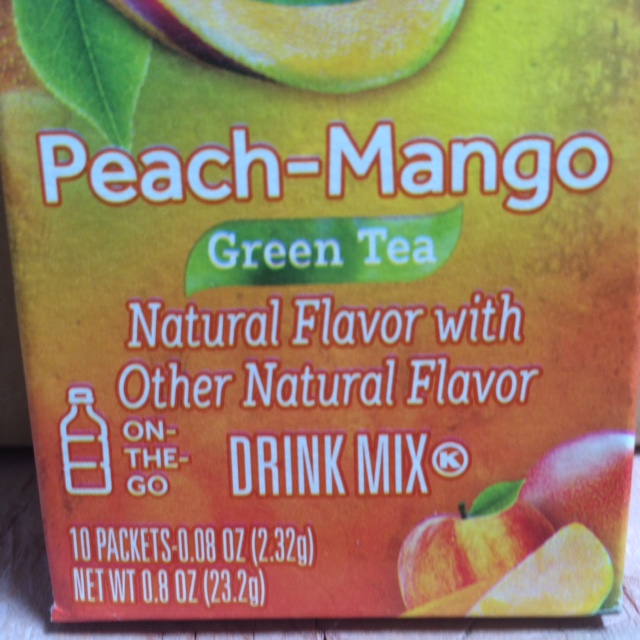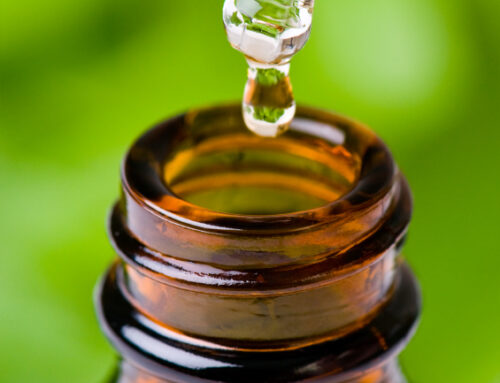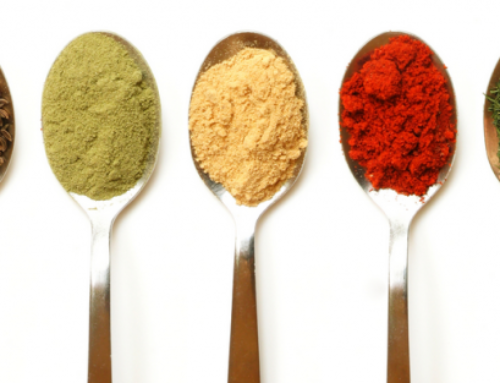
Many of us are immune to the word natural by now yet I’ll admit that when I’m in a rush and don’t have time to scrutinize the label, the word NATURAL is enough to convince me to buy it.
So what makes something natural? That depends on who you ask.
The FDA says this on its website: “From a food science perspective, it is difficult to define a food product that is ‘natural’ because the food has probably been processed and is no longer the product of the earth. That said, FDA has not developed a definition for use of the term natural or its derivatives. However, the agency has not objected to the use of the term if the food does not contain added color, artificial flavors, or synthetic substances.”
For me, this definition is vague. The absence of artificial flavors, coloring or synthetic substances doesn’t make something natural to me. What if it contains GMOS, hormones or pesticides?
According to a Consumer Report survey, most people think the word natural means this when it comes to processed foods:
- No pesticides
- No GMOs
- No chemicals were used during processing
- No artificial ingredients or coloring
Today the word “natural” is hotly debated in company boardrooms. Some companies are using it as described by consumers above and others are using it to green-wash products. In the meantime, opportunist law firms are capitalizing on the vagueness of the definition. Law firms are finding ingredients in products that can be challenged. Read this article about the rush of lawsuits in recent years.
What does the FDA have to say about this? Earlier this year, they asked the public to comment on what they believed is the definition of natural. Currently, the comments are in review.
I think the word natural means something not only taken from the earth, but if processed into a juice or made into a puree, cooked or any number of things– the processing does not fundamentally alter the product.
Personally, I don’t believe product labels unless I know the reputation of the company. As most of us know, some companies have better integrity than others.
When it comes to a product I use every day like olive oil or toothpaste or facial cream, I do a little research. Since I use these products daily, the ingredients could have an accumulative effect in my body and I want to ensure they aren’t harmful in the long term. If you don’t have time to research your products, take the recommendation from my friend: Don’t buy a product labeled “natural” if it has a word you’ve never heard of before, one you can’t pronounce or one that reads like a lab report.






good